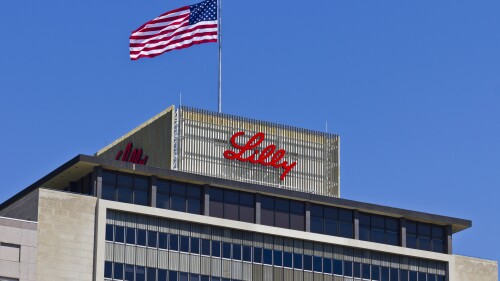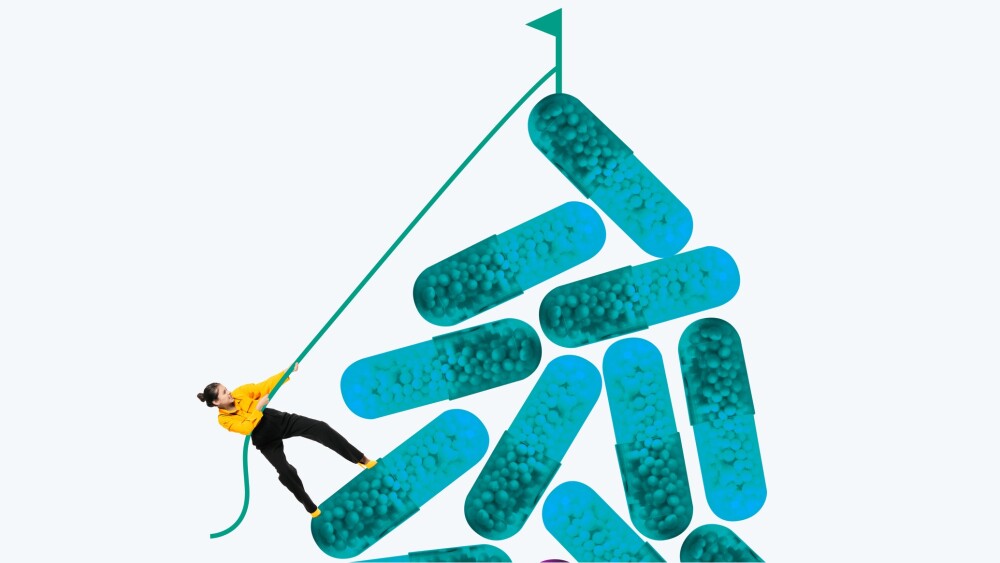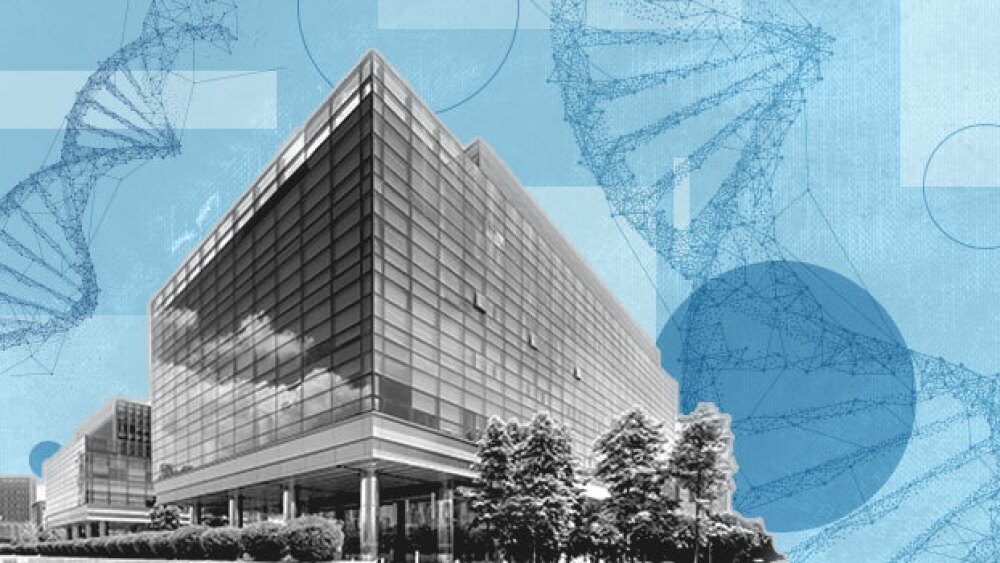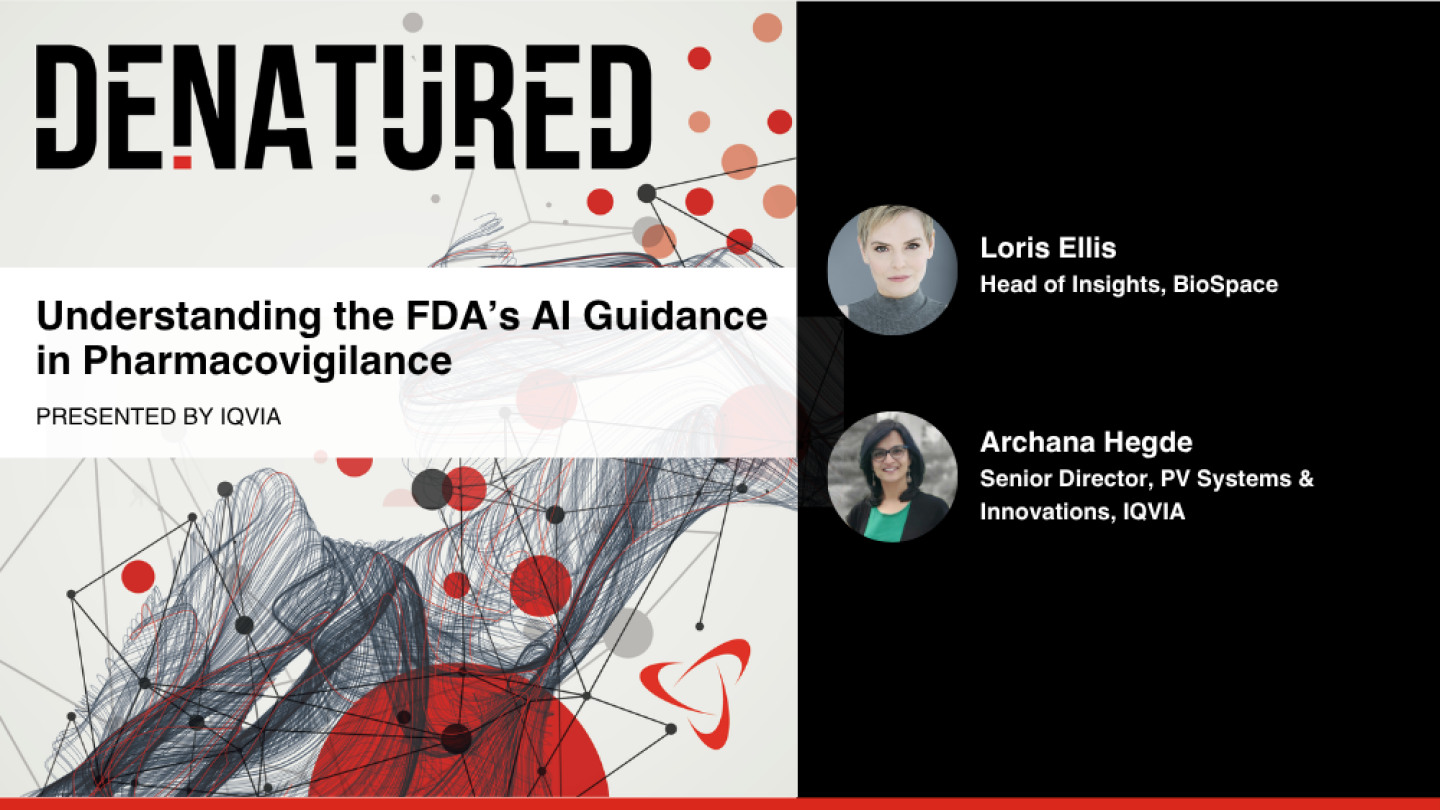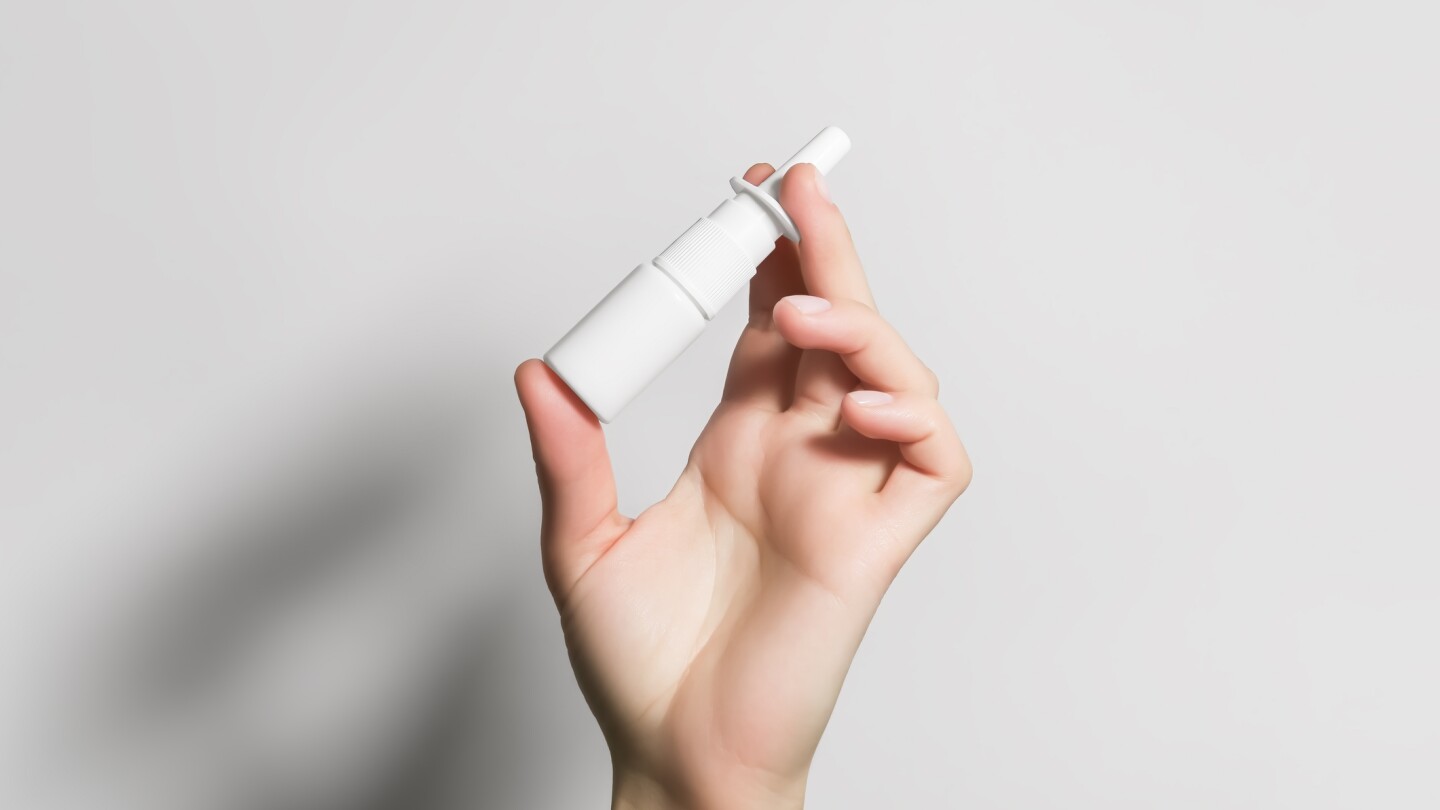News
As Trump has pressured drugmakers to lower the cost of medicines in the U.S., the pharma industry has coalesced behind a message of rebalancing what nations pay to better reflect the innovation and value of drugmaking.
FEATURED STORIES
With crucial lessons learned from the manufacturing shortages of injectable GLP-1s, experts say securing adequate supply of the upcoming oral options will be the sector’s next great challenge.
AbbVie’s Humira was the top-selling drug in the world for many years. Now, its sales are eroding as doctors switch to biosimilars and new options enter the market.
It’s early days for xenotransplantation, but eGenesis, Eledon, United Therapeutics and more are working to develop solutions to make this approach a viable option and help ease the organ shortage crisis.
Job Trends
Strong growth and pipeline momentum with three new medicines approved since the third quarter
FROM OUR EDITORS
Read our takes on the biggest stories happening in the industry.
Unpredictable communication and a lack of transparency are eroding the industry’s and the public’s trust. The FDA, experts agree, needs to take control of the narrative.
THE LATEST
Analysts believe that Gilead’s new PrEP drug Yeztugo could reach peak sales of $4.5 billion. Not if GSK has anything to say about it.
Why did two private equity firms with more than $460 billion under management want a little old gene therapy biotech called bluebird bio? We wanted to know.
While there had been hope layoffs would slow down in 2025, they continued at a fast pace in the first half of the year.
In this episode presented by IQVIA, BioSpace’s head of insights Lori Ellis discusses the FDA’s first draft guidance for AI in drug development, published in January 2025, with Archana Hegde, senior director, pv systems and innovations at IQVIA.
Cell and gene therapy leaders say the agency’s decision to remove the Risk Evaluation and Mitigation Strategies that had been attached to approved CAR T cancer therapies reflects “thoughtful consideration of real-world evidence” and “regulatory trust.”
BPL-003 showed “robust” efficacy data in treatment-resistant depression, according to analysts from Jefferies, who noted that the asset could hit peak market sales of $1 billion. The results clear the way for the asset’s late-stage development and for the completion of a proposed merger with atai Life Sciences.
Macrocyclic peptides are designed to engage complex targets like biologics but pass through cell membranes like small molecule drugs.
The pivotal trial for Neurogene’s Rett syndrome gene therapy makes use of baseline controls and a rigorous endpoint that could help ensure a broader label for the drug product, if approved, according to analysts.
With PN-477, Protagonist is directly going up against Eli Lilly, which is advancing retatrutide, also a triple-G agonist, in a Phase II trial.
Pfizer insists that the discontinuation of the Phase II study was due to recruitment difficulties and was not linked to maplirpacept’s safety or efficacy.


